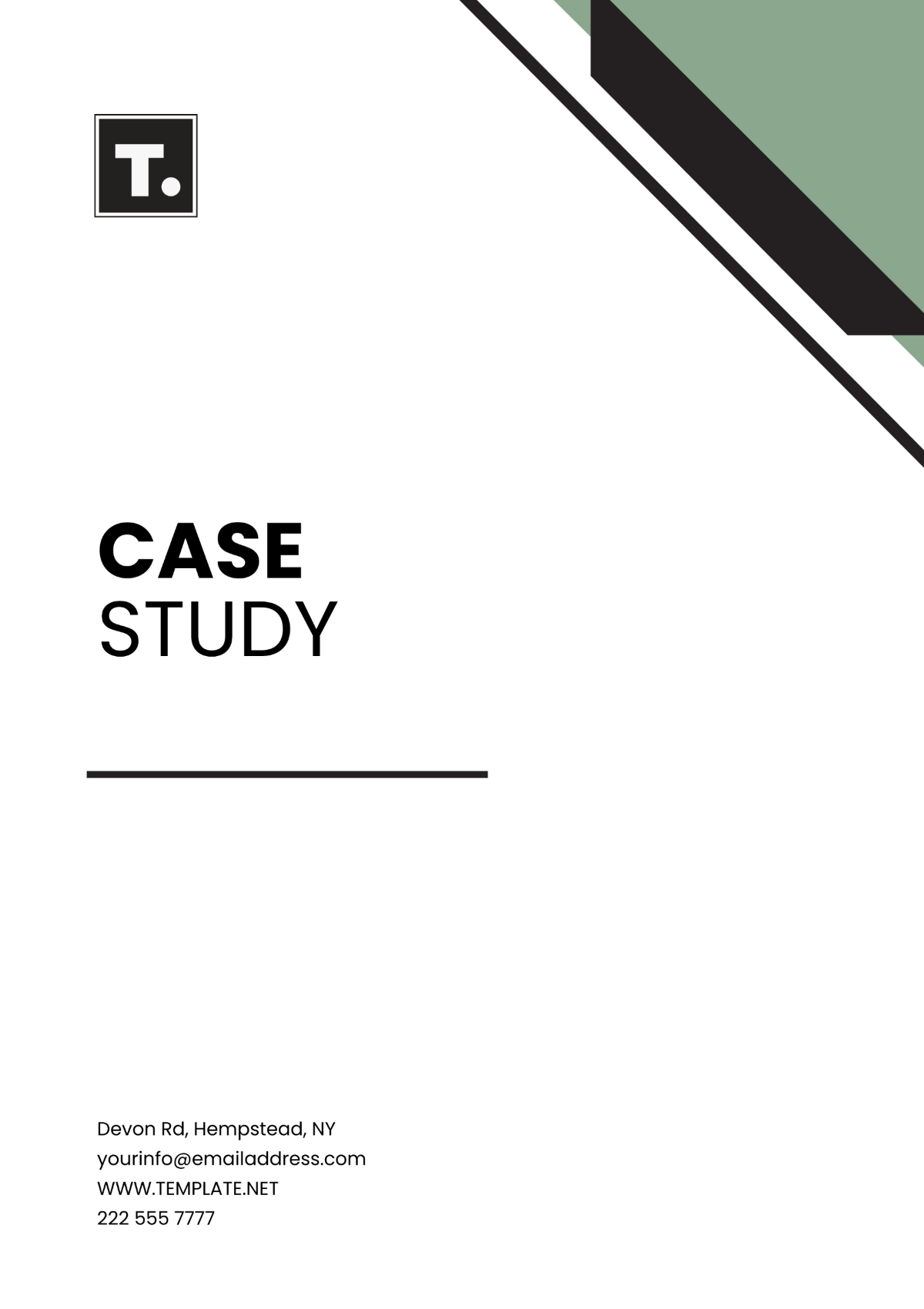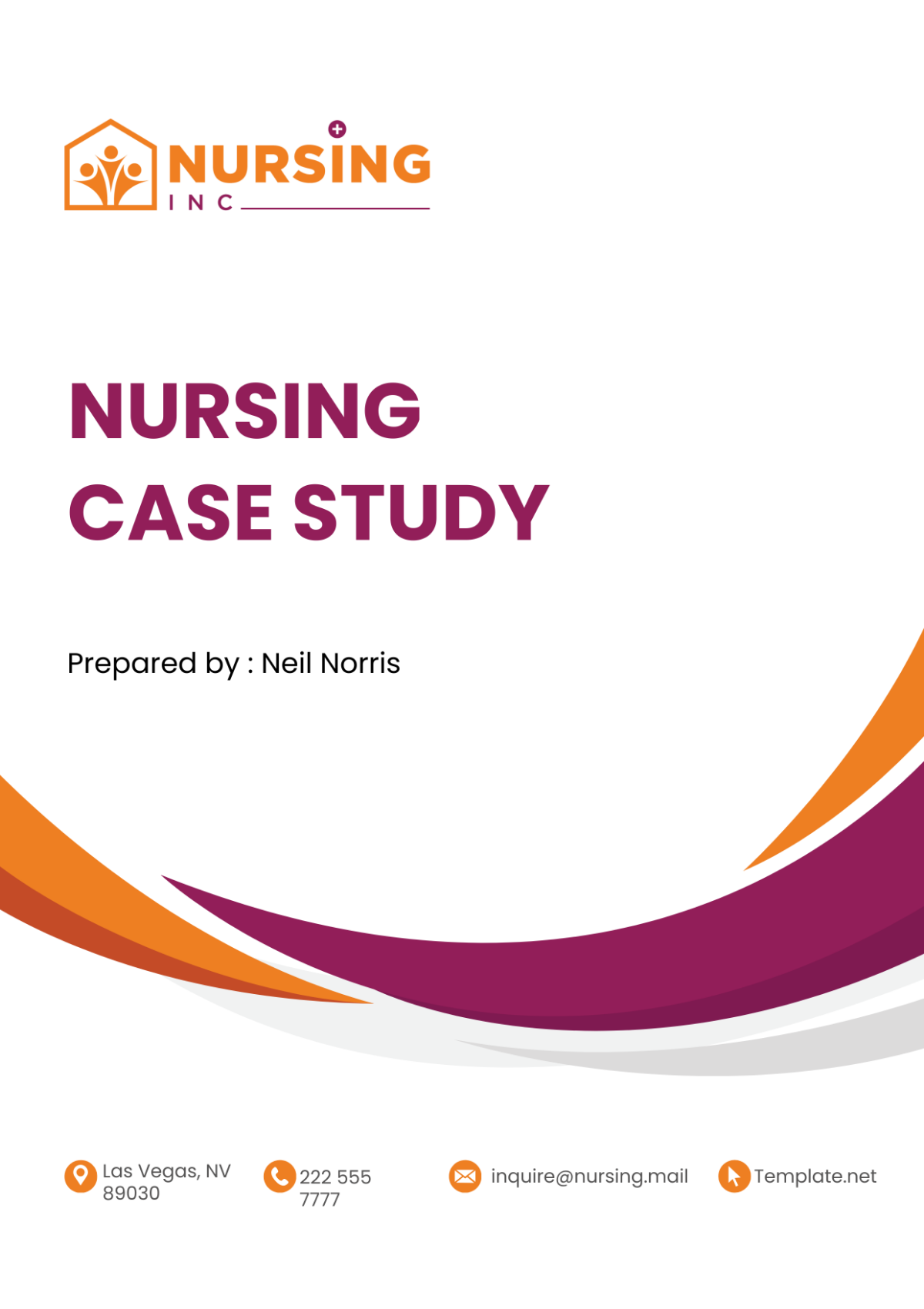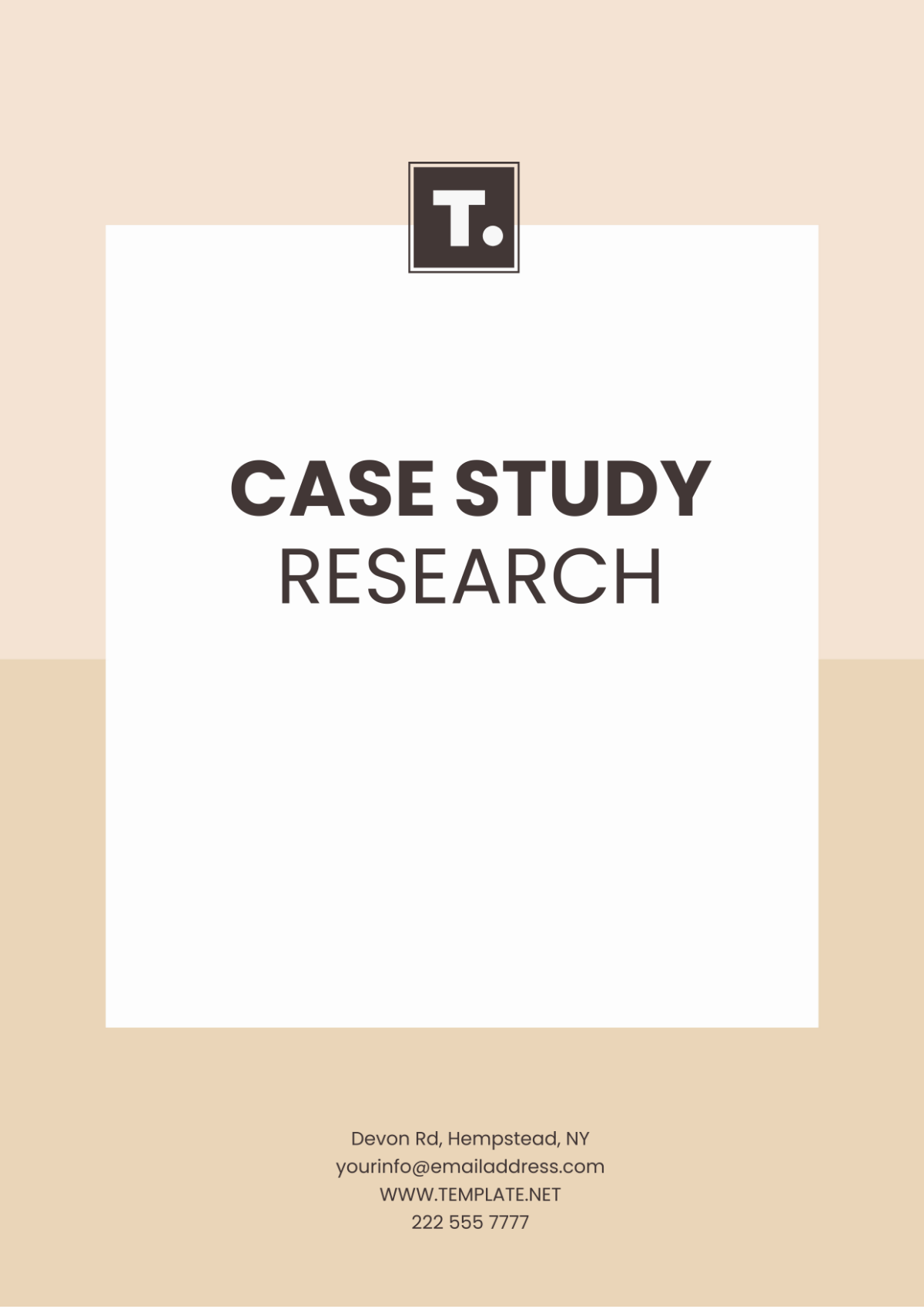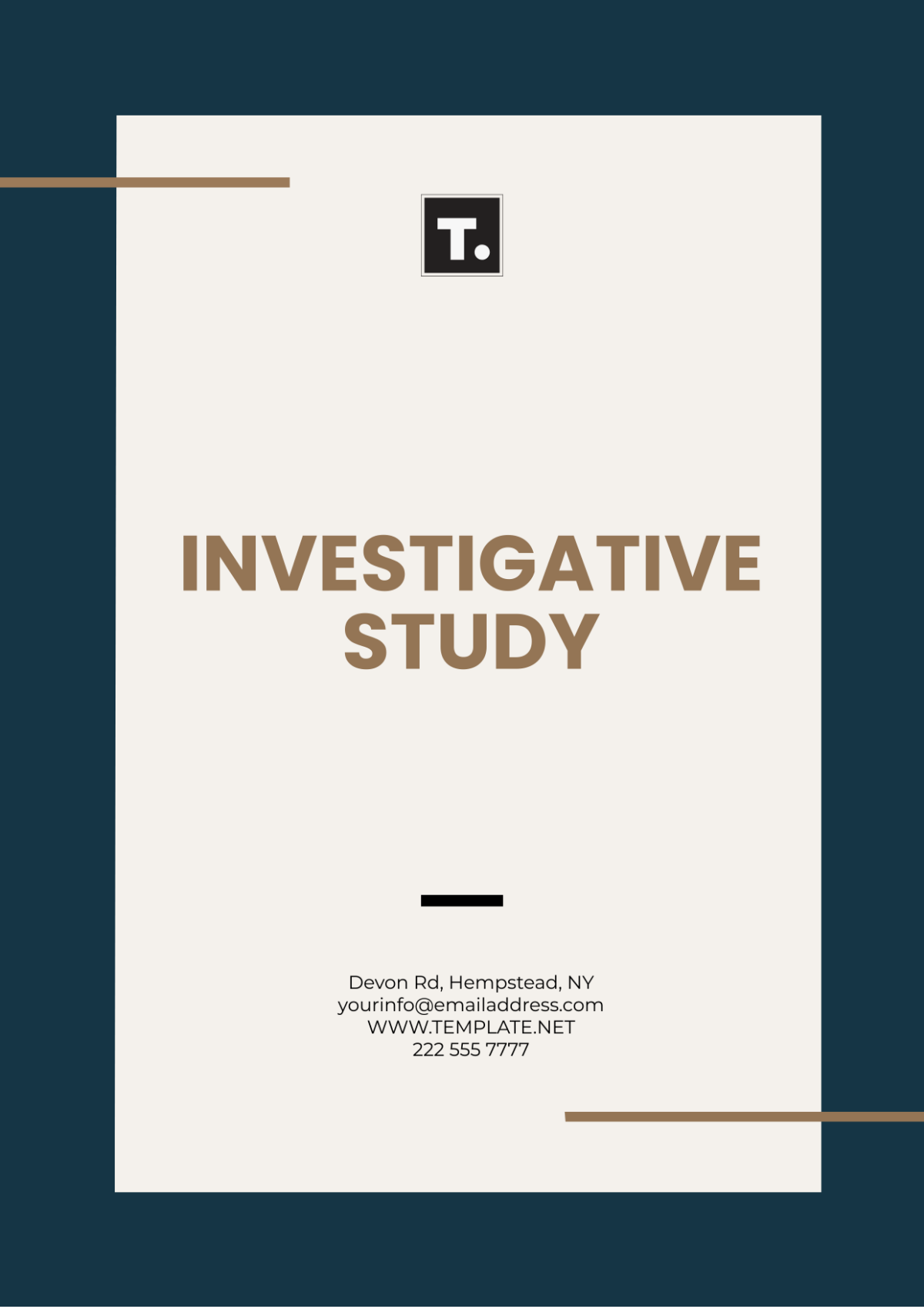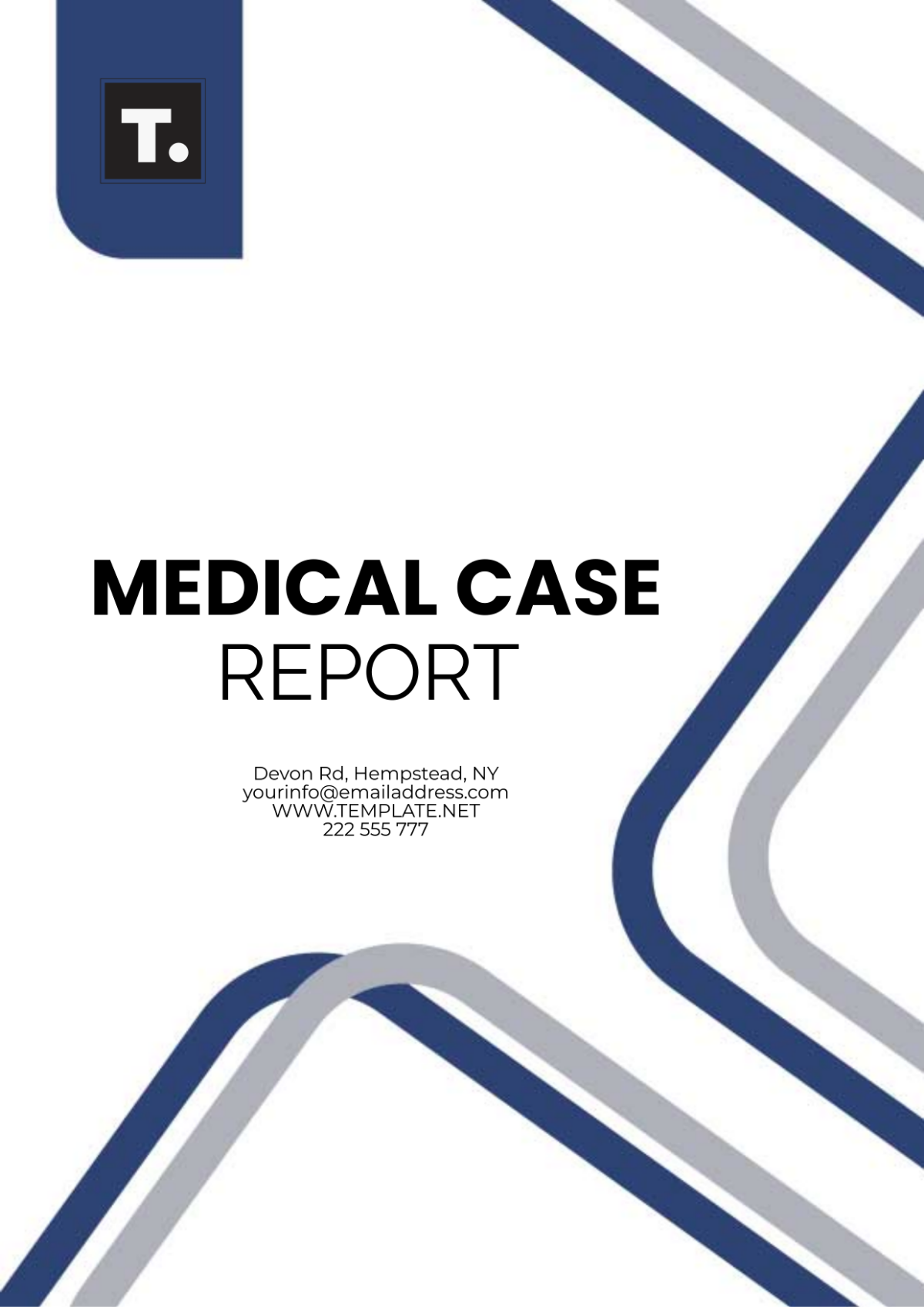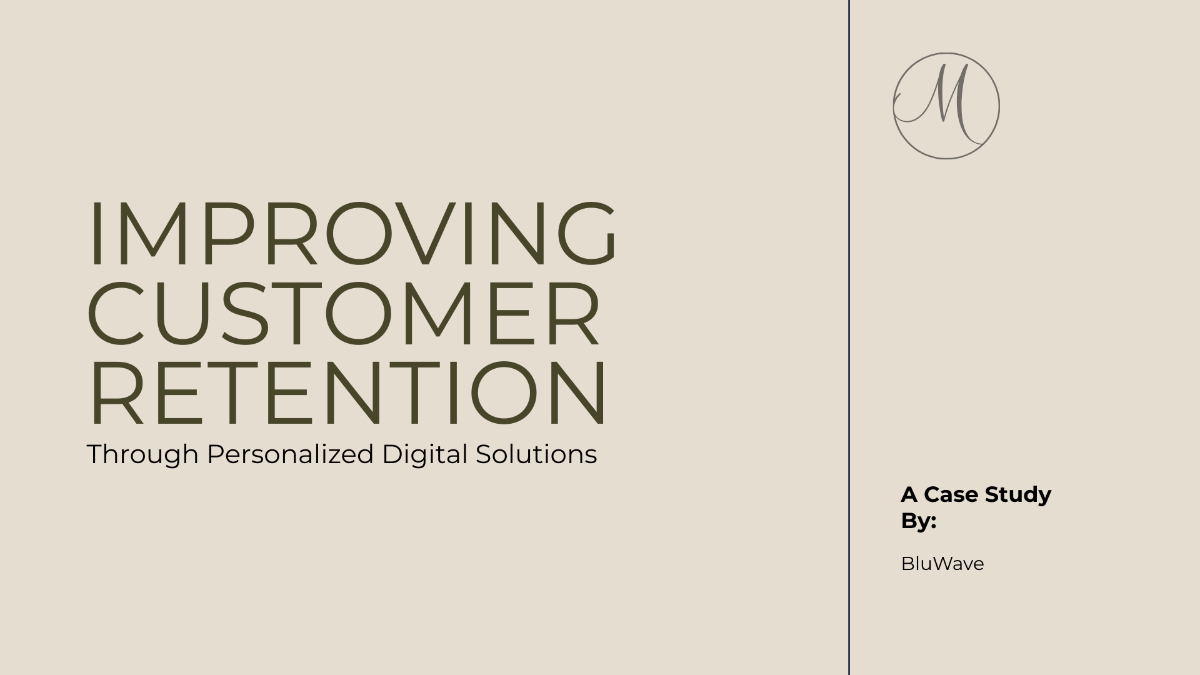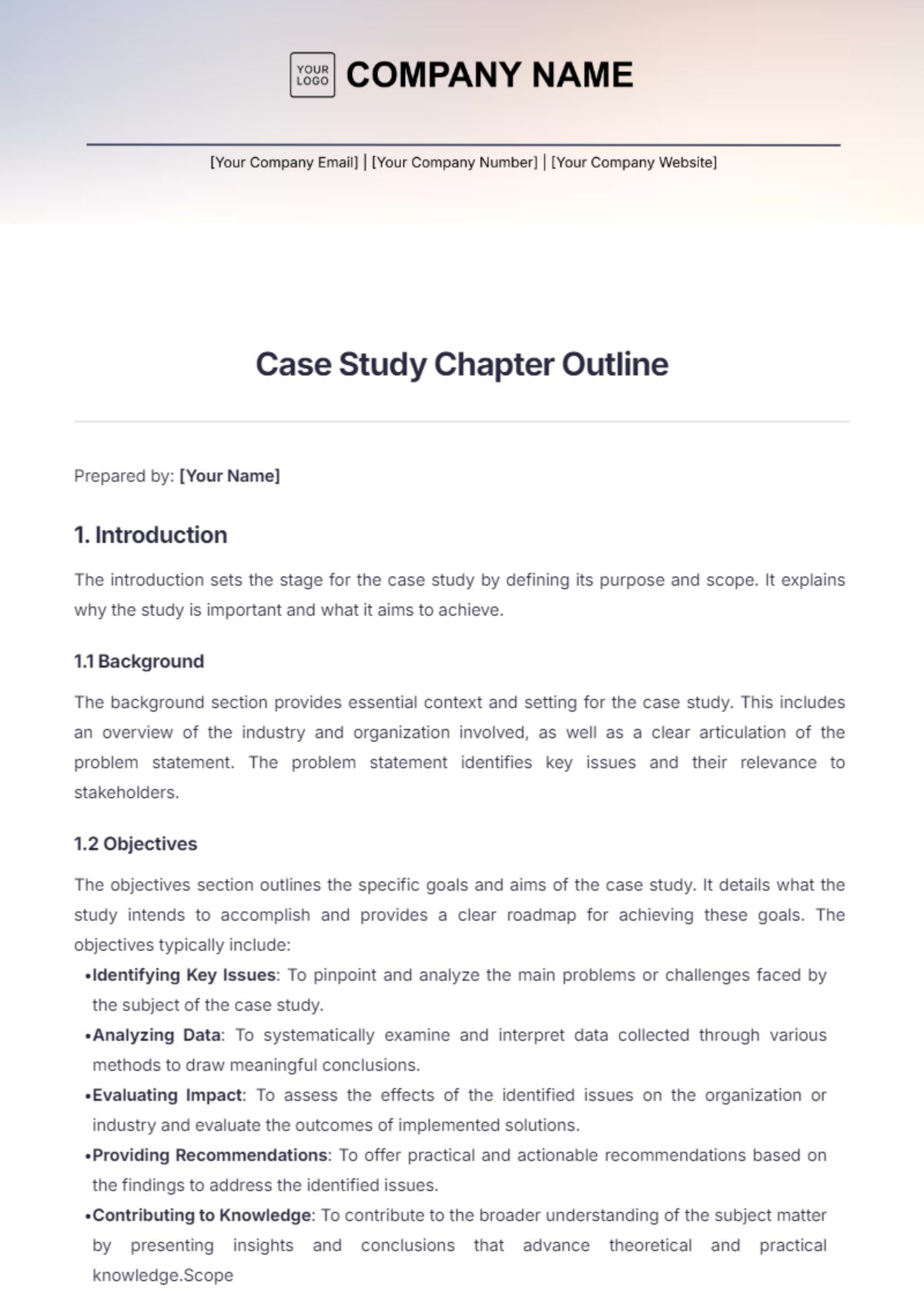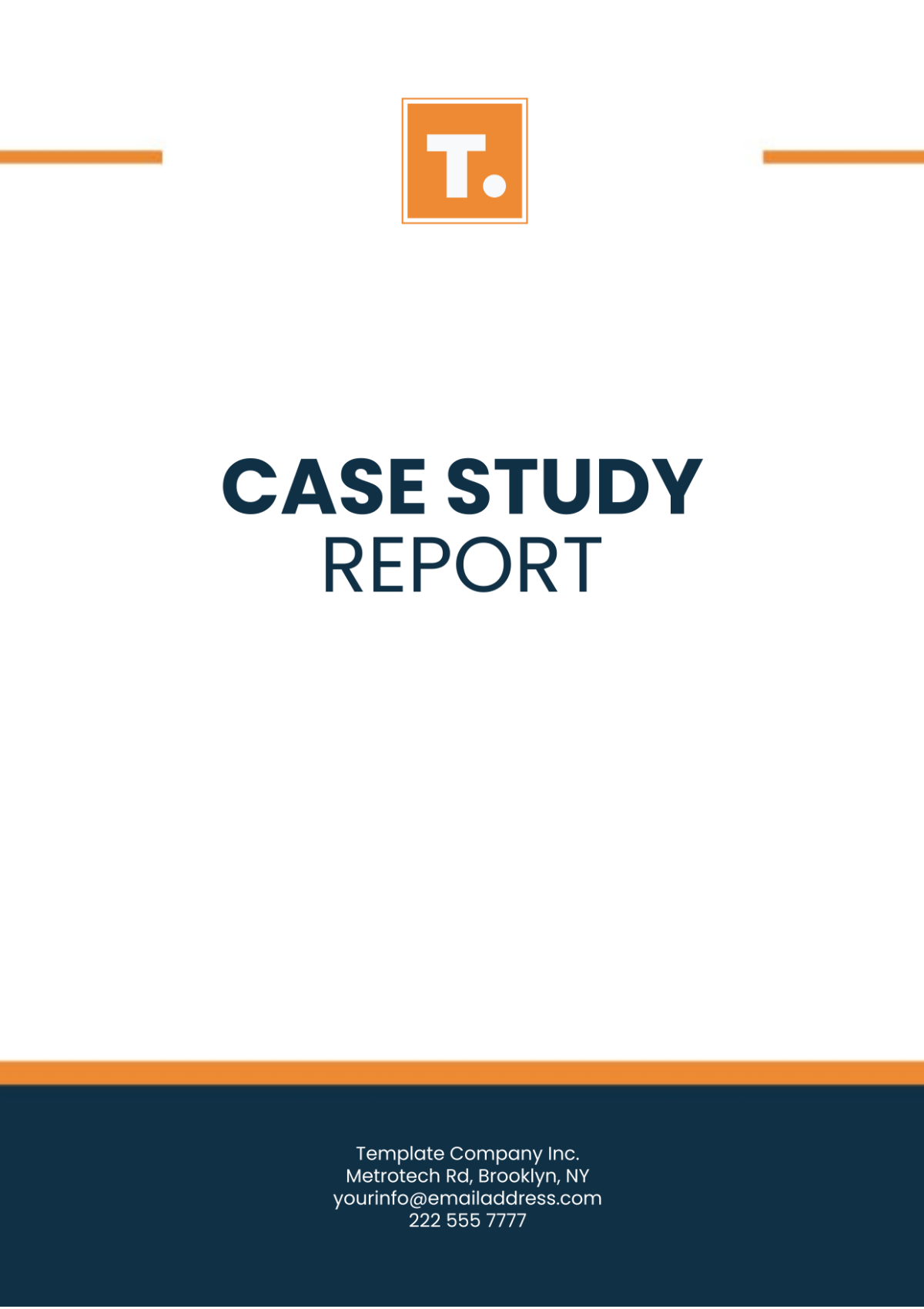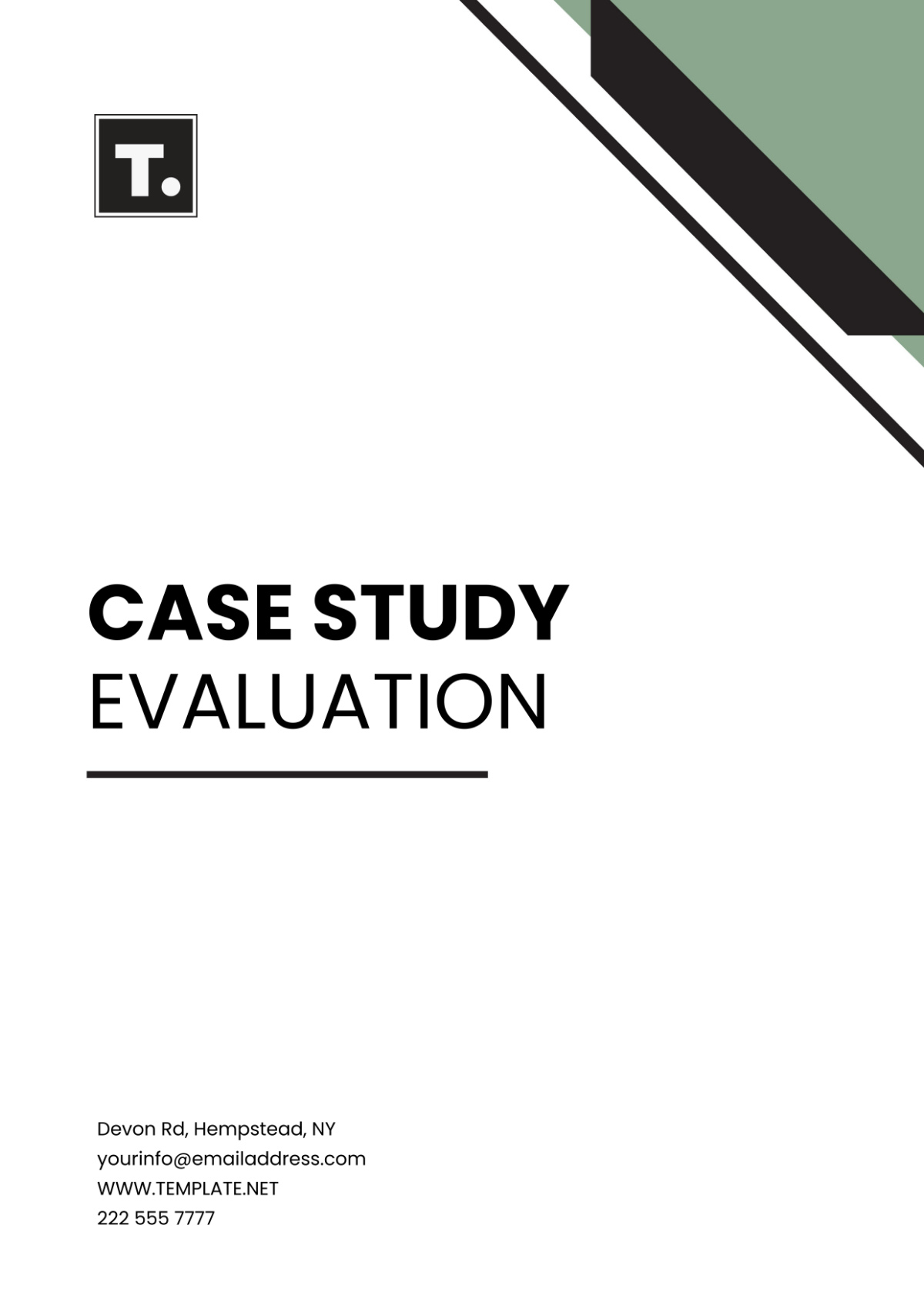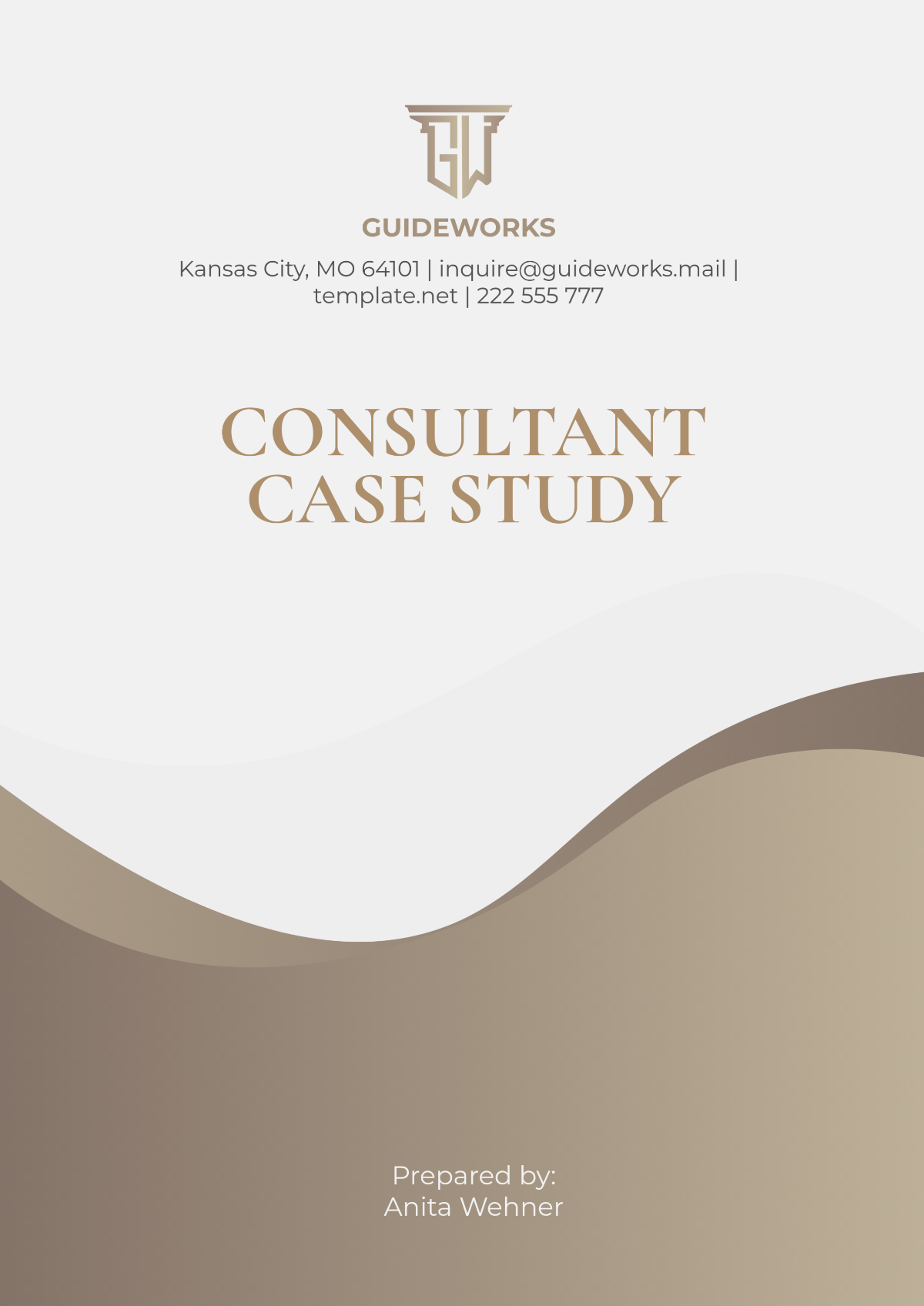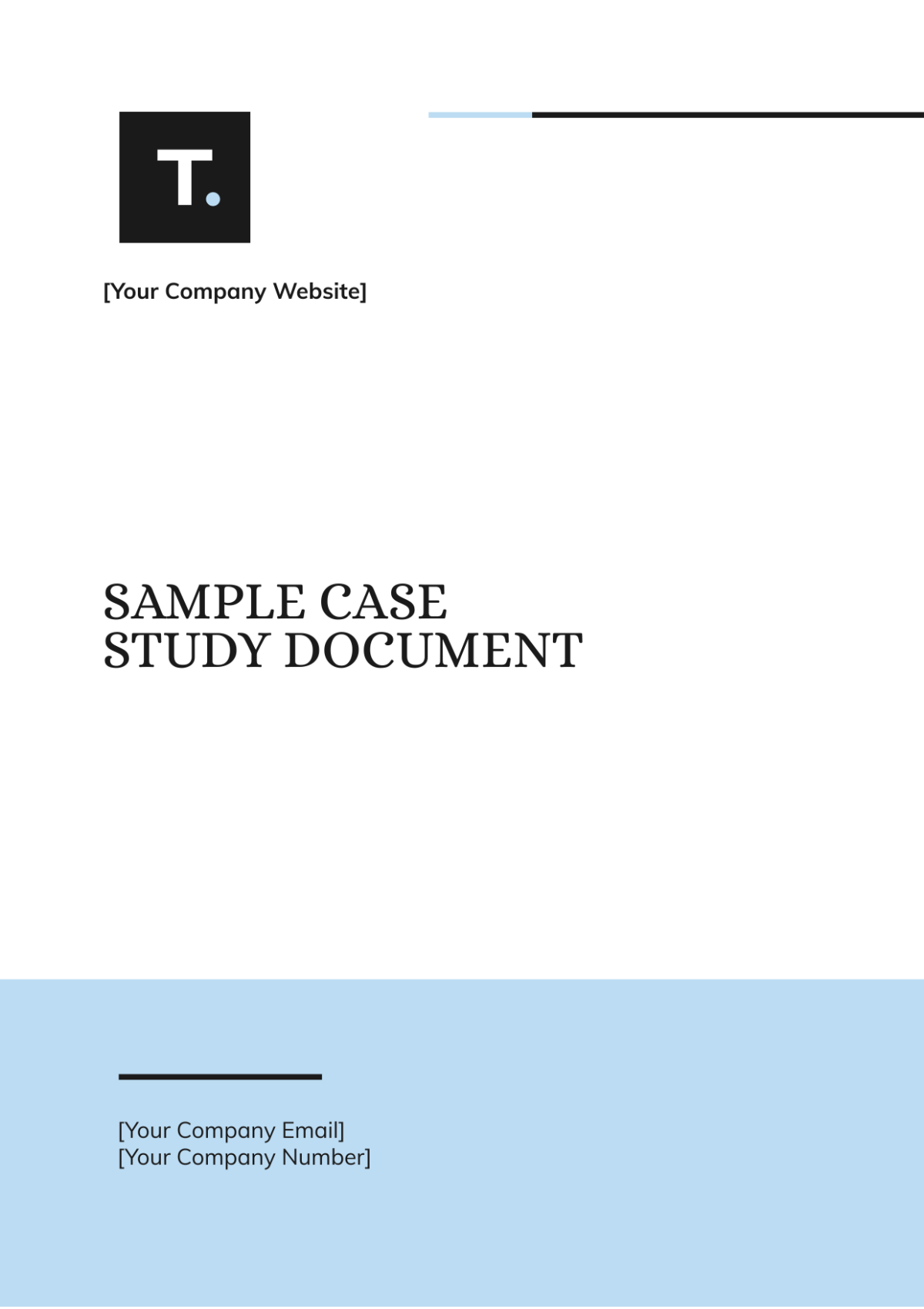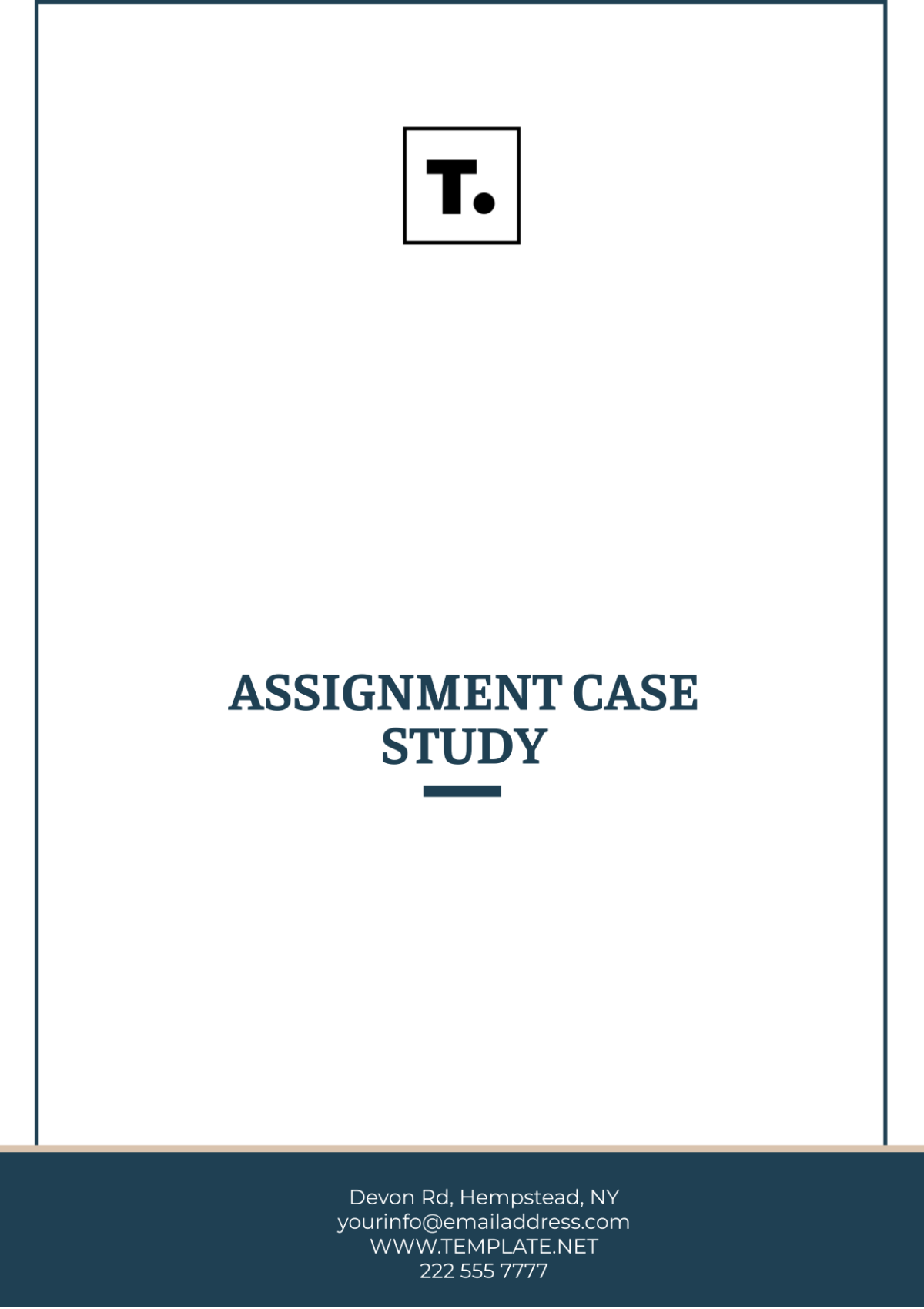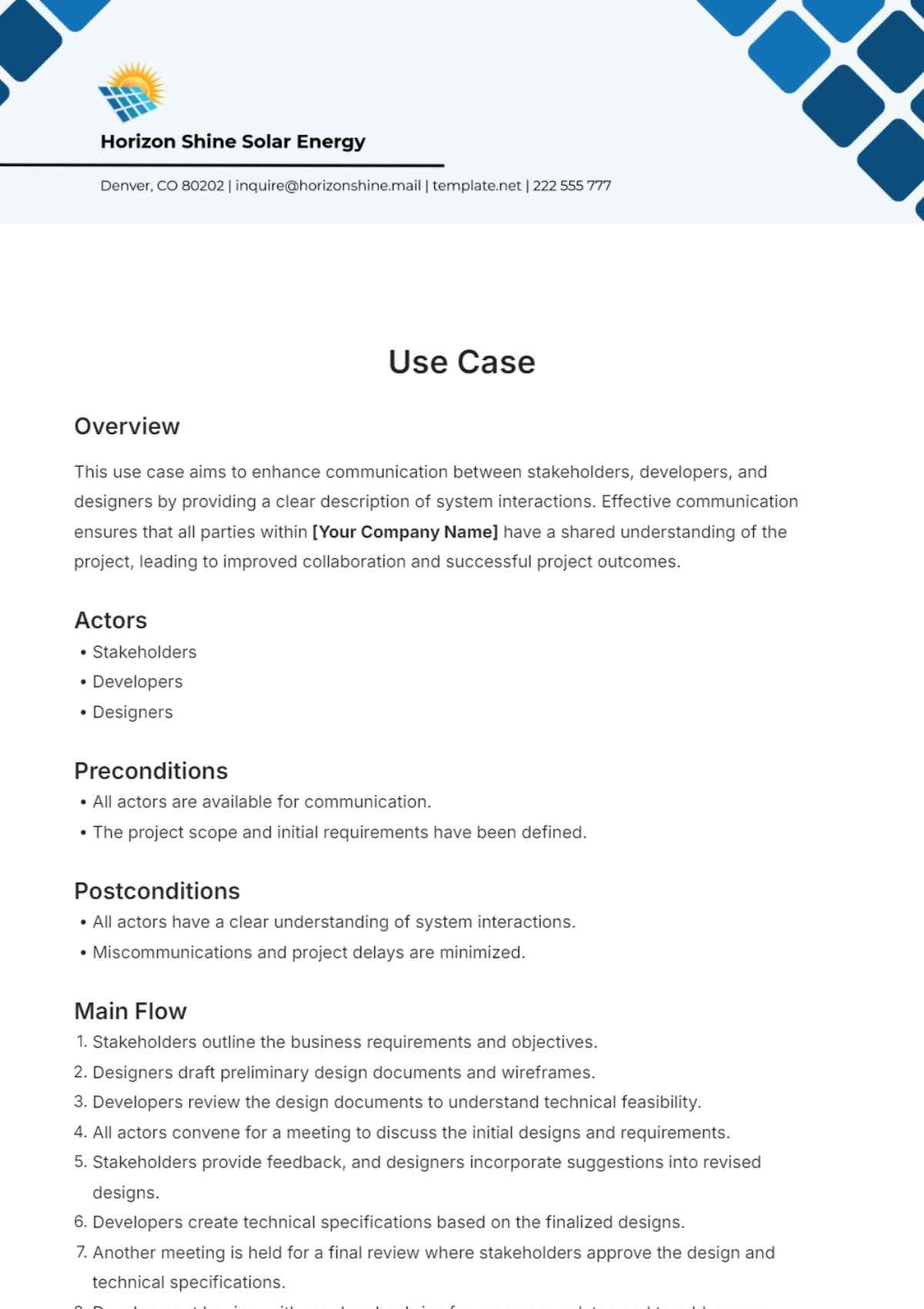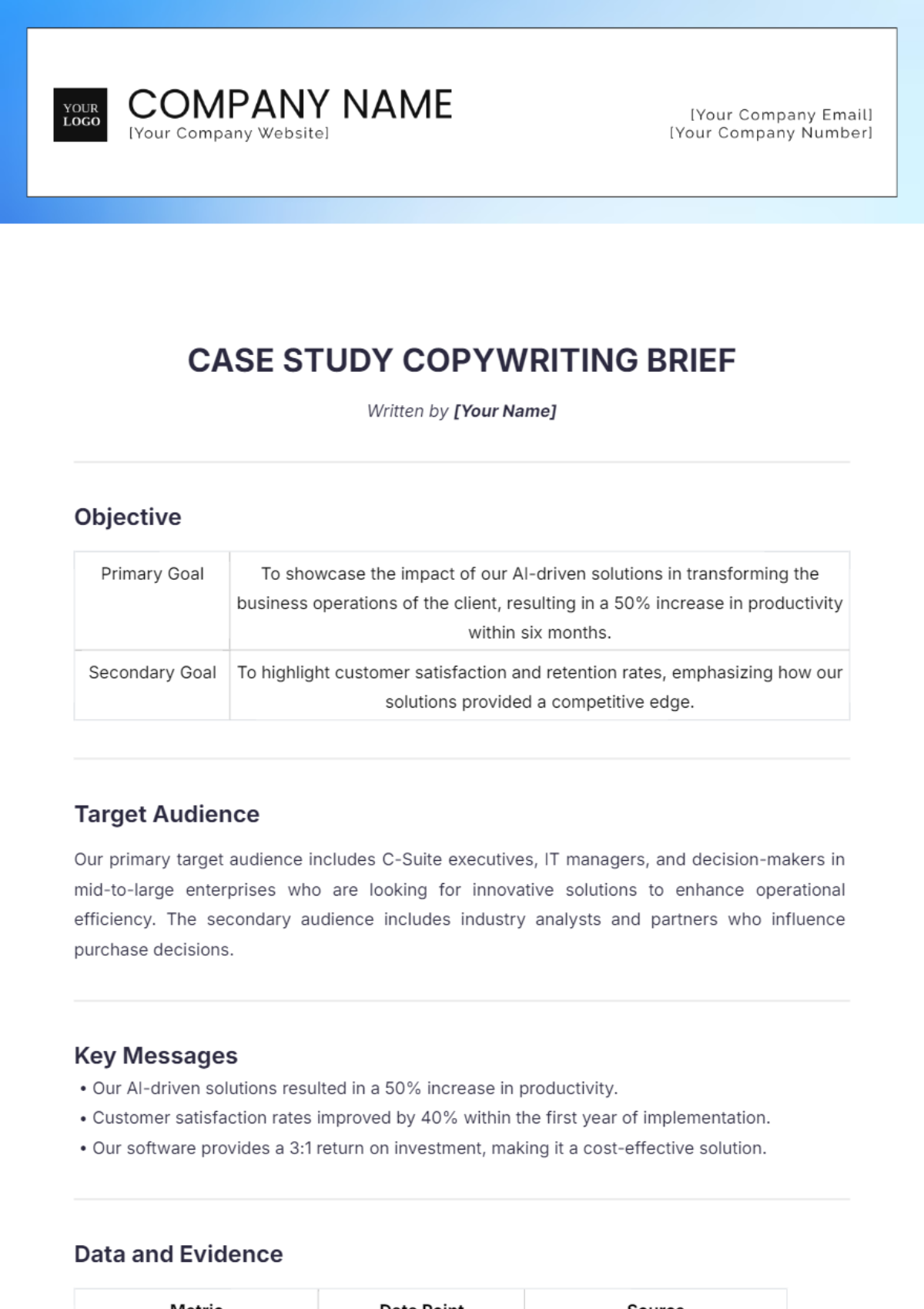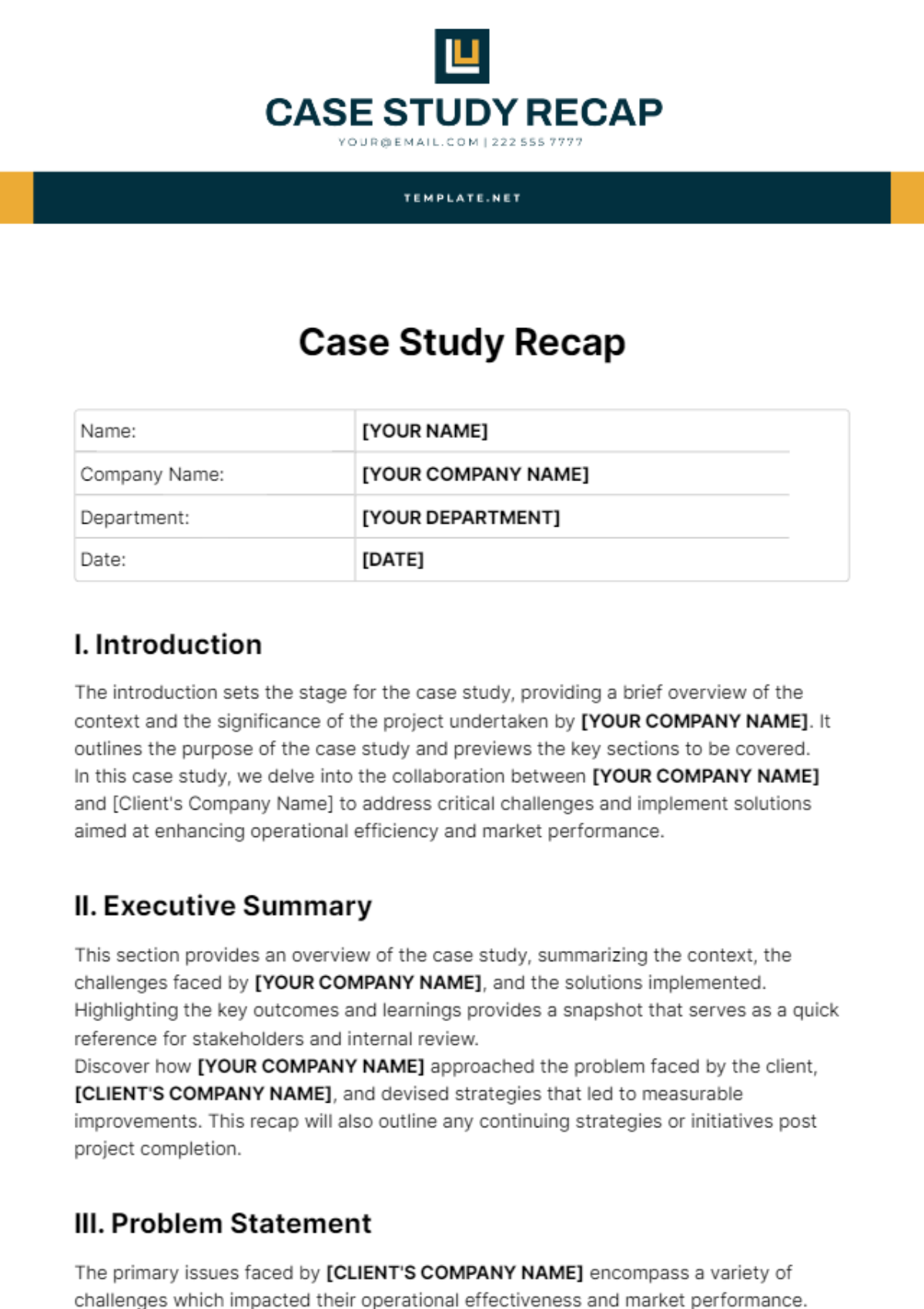INFLAMMATION CASE STUDY
I. Introduction
The [Your Company Name] Inflammation Case Study provides a comprehensive analysis of a specific instance or scenario related to inflammation. This case study aims to delve into the causes, effects, treatment options, and outcomes associated with inflammation as a biological process. The study will explore the impact of inflammation on the human body and how it is managed or resolved in clinical settings.
II. Background Information
2.1 Overview of Inflammation
Inflammation is a natural immune response triggered by the body to protect against harmful stimuli such as pathogens, damaged cells, or irritants. It is characterized by symptoms such as redness, swelling, heat, and pain, indicating an active immune response. Understanding the mechanisms and pathways involved in inflammation is crucial for effective management and treatment of inflammatory conditions.
2.2 Causes and Triggers of Inflammation
Inflammatory responses can be initiated by various factors including infections, injuries, autoimmune disorders, and environmental exposures. These triggers activate immune cells and signaling molecules, leading to the release of inflammatory mediators that orchestrate the immune response. Identifying the underlying causes of inflammation is essential for targeted interventions and therapeutic strategies.
2.3 Impact of Inflammation on Health
Chronic inflammation has been linked to a wide range of health conditions such as arthritis, cardiovascular diseases, neurodegenerative disorders, and cancer. The prolonged activation of inflammatory pathways can contribute to tissue damage, organ dysfunction, and systemic complications. Examining the consequences of inflammation on overall health provides insights into disease progression and management approaches.
III. Case Presentation
3.1 Patient Profile
Patient Name: [Enter patient's name]
Age: [Enter patient's age]
Gender: [Enter patient's gender]
Medical History: [Summary of patient's medical history related to inflammation]
3.2 Chief Complaints and Symptoms
The patient presented with [describe chief complaint] along with the following symptoms:
[Symptom 1]
[Symptom 2]
[Symptom 3]
3.3 Diagnostic Findings
Diagnostic Tests: [List of diagnostic tests performed]
Results: [Interpretation of diagnostic findings]
Additional Investigations: [Any additional tests or evaluations conducted]
IV. Management and Treatment
4.1 Therapeutic Interventions
The patient's treatment plan included:
[Medication regimen]
[Physical therapy]
[Dietary modifications]
[Other interventions]
4.2 Follow-up and Monitoring
Regular follow-up assessments were conducted to:
Evaluate treatment response
Monitor disease progression
Adjust management strategies as needed
V. Outcomes and Conclusion
5.1 Treatment Response
The patient showed [improvement/stability/deterioration] in [specific parameters] following the treatment regimen.
5.2 Lessons Learned
This case study highlights the importance of [key lessons learned from the case, such as early intervention, personalized treatment approaches, etc.].
5.3 Future Implications
Insights from this case study can inform future clinical practices, research endeavors, and therapeutic advancements in managing inflammation-related conditions.
Prepared By:
[Your Name]
[YOUR POSITION]
[YOUR DEPARTMENT]
